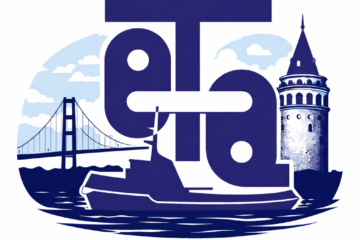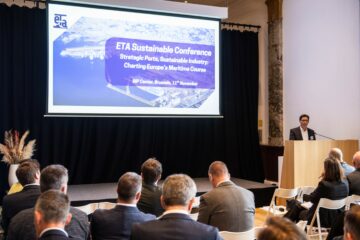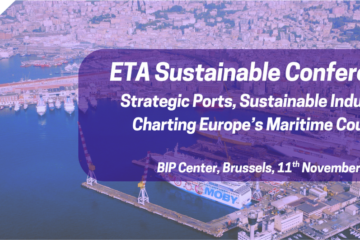The 70th Meeting of the IMO Marine Environment Protection Committee (MEPC70) took place between 24th-28th October. During these negotiations, member states reached a series of agreements which will define the sustainability of shipping in the years to come. IMO members agreed to establish a cap on sulphur emissions, a strategy to curb greenhouse gases in the medium term or a reduction of Nitrogen emissions in the Northern and Baltic seas.
0.5% Sulphur Cap
The biggest decision taken during the negotiations was the institution of a worldwide shipping sulphur cap. This decision shall reduce the contribution of the sector to the world´s air pollution from 5% to 1.5%. The reduction will save thousands of lives in the coming decades, especially among workers of the maritime and port industries and people living in port cities. This step represents an important cut from the 3,5% m/m global limit currently in place to a 0,50% m/m. This measure will push the shipping and oil industry to use and produce cleaner fuels before the end of the transitional period in 2020. Boats will be able to meet the requirements by using low-sulphur fuel oil or other approved equivalent methods, such as exhaust gas cleaning systems.
Further decisions on CO2 reduction and roadmap
The MEPC70 reached an agreement on an initial strategy to reduce shipping CO2 emissions. The text approved on the evening of the 29th October includes the adoption of new mandatory requirements to collect fuel oil consumption data. This mandatory data collection scheme will help IMO policy makers to collect and analyse information, which will be vital for a CO2 reduction strategy. Under this new framework, as of 2019, ships of 5000 gross tonnage and above will have to collect consumption data for each type of fuel they use. These vessels account for approximately 85% of CO2 emissions from international shipping.
Furthermore, the MEPC70 also adopted a roadmap to produce a strategy for CO2 emissions. An initial plan is expected to be negotiated during the next year and adopted by 2018. The IMO should develop a comprehensive GHG reduction strategy between this year and 2023 and thus, provide a long-term vision of the shipping sector.
Nitrogen emissions and heavy fuel phase out in the Arctic
The MEPC70 also agreed on other issues such as a limit to Nitrogen Oxide (NOx) emissions from ships in the Baltic and North Seas. The agreement is in line with the positions taken by North Sea and Baltic Sea countries and the EC. NOx is a major source of airborne deposition of nitrogen, which aggravates eutrophication, one of the main problems in the North and Baltic seas. The resolution will likely increase the use of green shipping technology and alternative fuels.
Moreover, MEPC70 made progress towards phasing out heavy fuel oil in the Arctic. Several Arctic countries and the IMO Secretary-General Kitack Lim agreed on the need to consider the risks and to adopt a strategy to phase out HFO in the Arctic. Concrete proposals on this subject are expected at the next MPEC meeting in spring 2017.
Ballast water
The International Ballast Water Convention met its entry into force conditions in September when Finland joined the group of 52 states which had ratified the treaty. Thus, the Convention will enter into force at a global level on 8 September 2017. During the MEPC70 a revised ballast water system type approval guideline (G8) was approved.



0 Comments